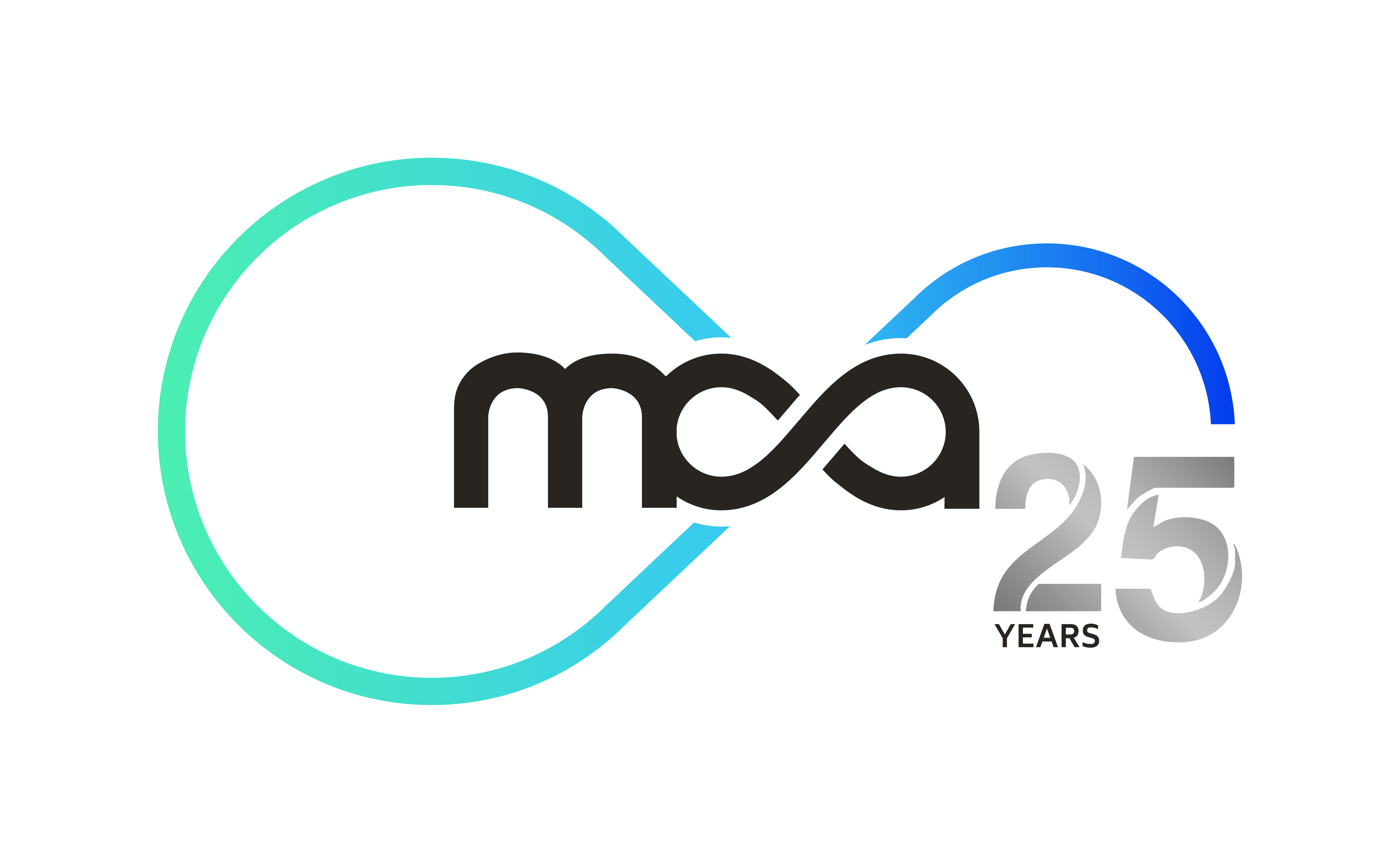2015: MCA Consumer Perceptions Survey - Mobile Telephony
The survey, which was limited to residential users, was carried out via telephone interviews after respondents were chosen at random. A total of 602 respondents participated in this survey.
According to the survey, 85% of residential users have a mobile phone. Of the remaining respondents without a mobile connection, 10% say they still have no intention of getting one in the future, while 4% claim to be considering getting a mobile connection by the end of the year.
The survey found that 76% of residential users have a prepaid connection while 22% are on a contract basis. Interestingly, prepaid subscribers are generally more aware of their monthly mobile expenditure – only 3% don’t know how much they spend. The results also show that the majority of prepaid subscribers fall in the lower spending brackets, while 56% of post-paid subscribers spend more than €20 a month on mobile services.
Perceptions on mobile call rates are mixed, with half of those who know how much it costs to make a mobile call claiming these rates to be expensive while the rest claim them to be acceptable. 44% of residential users would eventually change their mobile operator if tariff rates were to increase.
93% of respondents who travelled abroad over the last 2 years claimed to have used their mobile phone whilst being abroad. 21% claim to have used their mobile to access the Internet. This is significantly higher than 7% registered in 2013.
The survey reports that 75% of respondents, with the exception of those over 65 years of age, prefer mobile telephony over fixed telephony. Yet 82% of those that consider the mobile service to be the most important are not ready to terminate their fixed line connection over the next 12 months – the majority (74%) still feel that fixed telephony is a useful service.
In terms of quality satisfaction levels, the survey shows that 87% of respondents with a mobile connection are satisfied or highly satisfied with the level of service provided by their operator. In fact, only 9% of respondents claim to have changed operators over the past two years.
The survey also explores the emergence of Internet usage via mobile phone. Of the respondents with a mobile connection, 54% say they have a Smart Phone and are thus able to access internet via their mobile phone, while the remaining 46% have a normal mobile phone. This is a considerable development from the results of the 2013 survey where only 37% of respondents then claimed to have a Smart Phone.
Some 91% of those who claim to have a Smart Phone say they use mobile phone internet; 72% of whom do so daily. Interestingly, of those with a Smart Phone, 52% are subscribed to a specific mobile data plan.
The survey also shows that 60% of the respondents use the internet on their mobile to read e-mails, 74% for social networking, 57% for general browsing, while 29% and 11% access the internet via their mobile phone to browse news related items and you tube respectively. 24% of all respondents also make calls over the Internet (e.g. Skype) through their mobile – a significant increase over 12% registered in the 2013 survey.
According to the survey, 85% of residential users have a mobile phone. Of the remaining respondents without a mobile connection, 10% say they still have no intention of getting one in the future, while 4% claim to be considering getting a mobile connection by the end of the year.
The survey found that 76% of residential users have a prepaid connection while 22% are on a contract basis. Interestingly, prepaid subscribers are generally more aware of their monthly mobile expenditure – only 3% don’t know how much they spend. The results also show that the majority of prepaid subscribers fall in the lower spending brackets, while 56% of post-paid subscribers spend more than €20 a month on mobile services.
Perceptions on mobile call rates are mixed, with half of those who know how much it costs to make a mobile call claiming these rates to be expensive while the rest claim them to be acceptable. 44% of residential users would eventually change their mobile operator if tariff rates were to increase.
93% of respondents who travelled abroad over the last 2 years claimed to have used their mobile phone whilst being abroad. 21% claim to have used their mobile to access the Internet. This is significantly higher than 7% registered in 2013.
The survey reports that 75% of respondents, with the exception of those over 65 years of age, prefer mobile telephony over fixed telephony. Yet 82% of those that consider the mobile service to be the most important are not ready to terminate their fixed line connection over the next 12 months – the majority (74%) still feel that fixed telephony is a useful service.
In terms of quality satisfaction levels, the survey shows that 87% of respondents with a mobile connection are satisfied or highly satisfied with the level of service provided by their operator. In fact, only 9% of respondents claim to have changed operators over the past two years.
The survey also explores the emergence of Internet usage via mobile phone. Of the respondents with a mobile connection, 54% say they have a Smart Phone and are thus able to access internet via their mobile phone, while the remaining 46% have a normal mobile phone. This is a considerable development from the results of the 2013 survey where only 37% of respondents then claimed to have a Smart Phone.
Some 91% of those who claim to have a Smart Phone say they use mobile phone internet; 72% of whom do so daily. Interestingly, of those with a Smart Phone, 52% are subscribed to a specific mobile data plan.
The survey also shows that 60% of the respondents use the internet on their mobile to read e-mails, 74% for social networking, 57% for general browsing, while 29% and 11% access the internet via their mobile phone to browse news related items and you tube respectively. 24% of all respondents also make calls over the Internet (e.g. Skype) through their mobile – a significant increase over 12% registered in the 2013 survey.
View Survey Results
MCA Reference: MCA/S/16-2495





